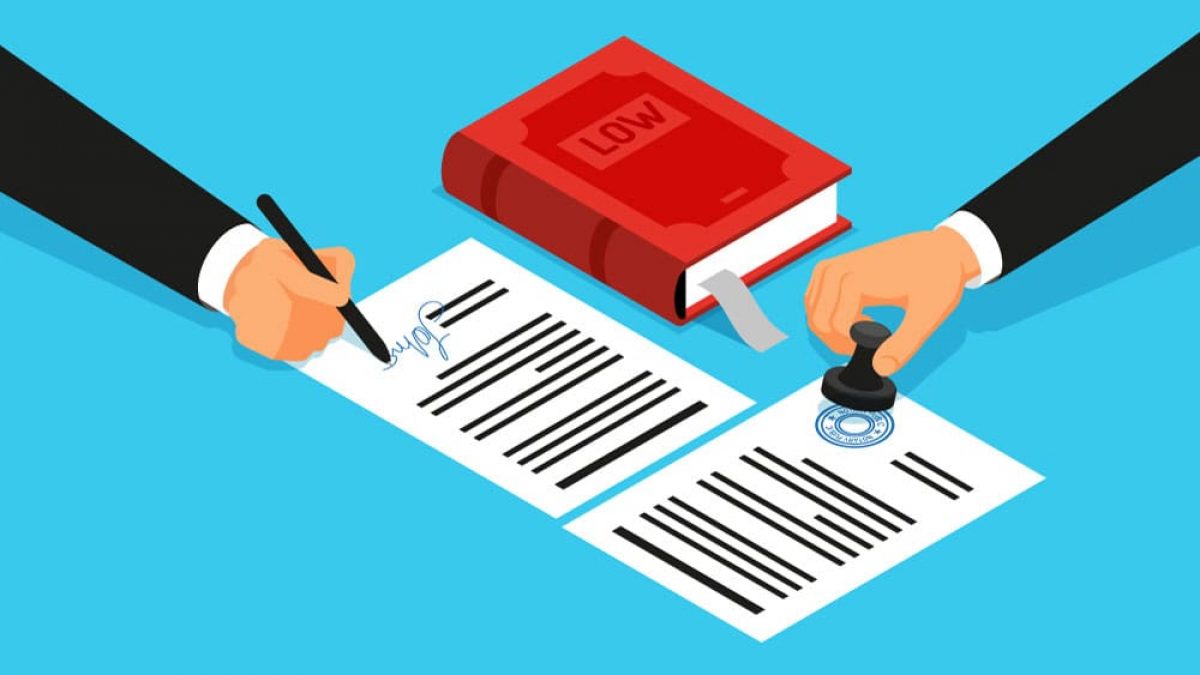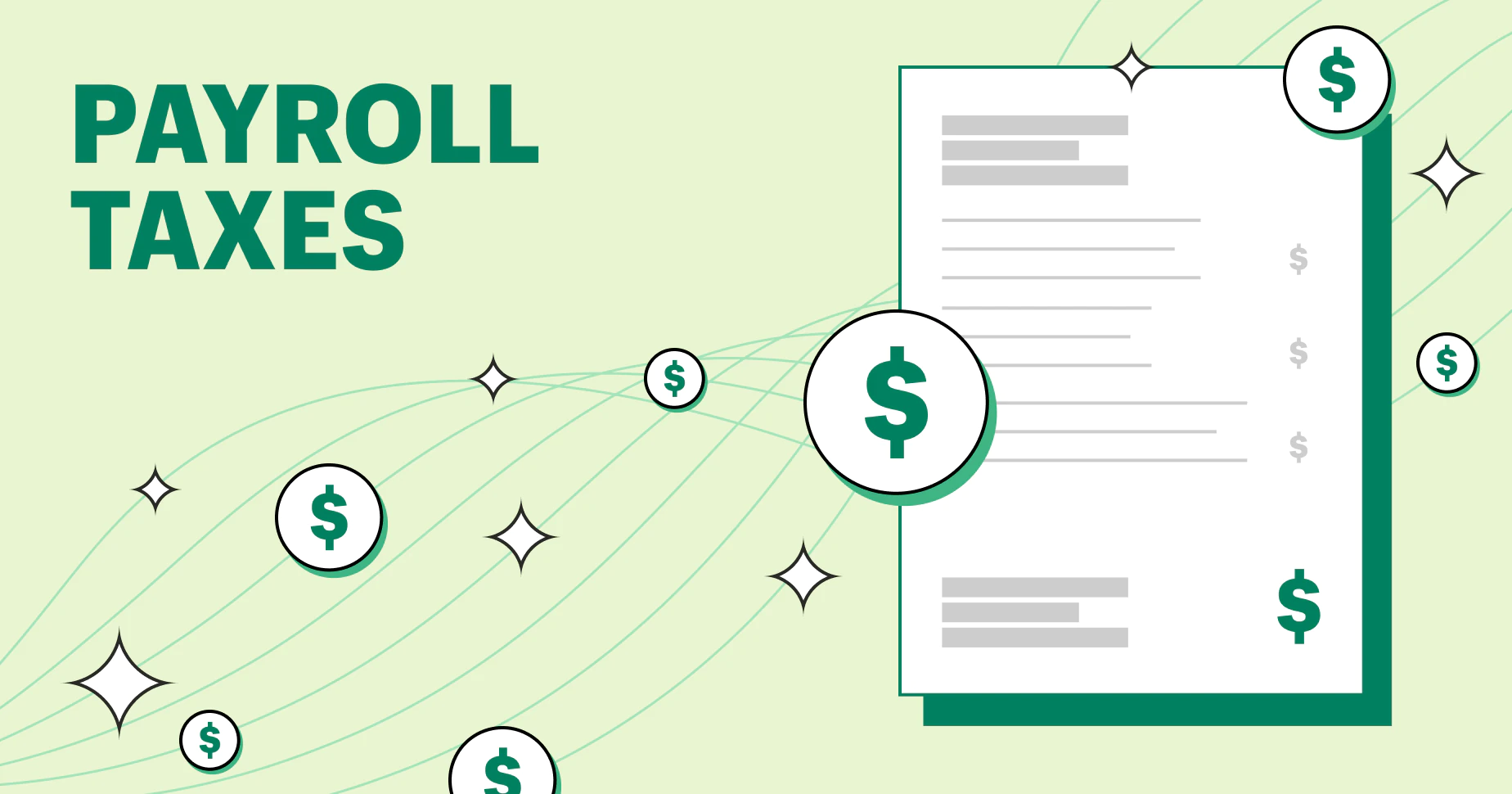If you’re the director of a limited company in the UK, there are various filing requirements you need to be aware of. Here’s a rundown of what you need to do to stay compliant.
Annual Accounts
Every limited company must prepare annual accounts that show its financial performance over previous year. The accounts must include a profit and loss account, a balance sheet, and notes on the accounts. There are different requirements depending on the size of the company. For small companies, the accounts can be simpler, while larger companies must provide more detailed information. The accounts must be filed with Companies House within 9 months of the end of the accounting period.
Confirmation Statement
 The confirmation statement is a snapshot of the company’s information on a specific date. It includes details of the company’s directors, shareholders, and registered address. The statement must be filed with Companies House at least once every 12 months. It’s important to keep this information up-to-date, as it’s used by Companies House, HMRC, and other organisations.
The confirmation statement is a snapshot of the company’s information on a specific date. It includes details of the company’s directors, shareholders, and registered address. The statement must be filed with Companies House at least once every 12 months. It’s important to keep this information up-to-date, as it’s used by Companies House, HMRC, and other organisations.
Corporation Tax Return
Every limited company must file a corporation tax return with HMRC. This return includes details of the company’s income, expenses, and profits for the previous accounting period. The deadline for filing the return is 12 months after the end of the accounting period. The company must also pay any corporation tax due within this time period.
Payroll Taxes
If your company has employees, you need to operate a payroll and deduct income tax and National Insurance contributions from their wages. You must also make employer’s National Insurance contributions. You’ll need to register for PAYE (Pay As You Earn) with HMRC, and file a report with HMRC every time you pay your employees.
VAT Returns
If your company is registered for VAT, you must file a VAT return with HMRC on a quarterly basis. This return shows how much VAT you’ve charged on sales, and how much you’ve paid on purchases. You’ll need to keep accurate records of your VAT transactions, and make sure you file your return and pay any VAT due on time.
In addition to these requirements, there may be other filings you need to make depending on the nature of your business. For example, if you’re involved in certain regulated industries, you may need to file additional reports with the relevant authorities.
It’s important to keep on top of your filing requirements to avoid penalties and fines. You can use online accounting software to help you manage your accounts, and make sure you don’t miss any deadlines. If you’re unsure about your filing requirements, it’s a good idea to seek professional advice.
Here at Outsourced Acc, our accounting experts can help you understand what you need to do, and ensure you stay compliant with the relevant regulations. . Please Visit our website for more or contact us on 0208 249 6007 for more information, and we will guide you through the process.

